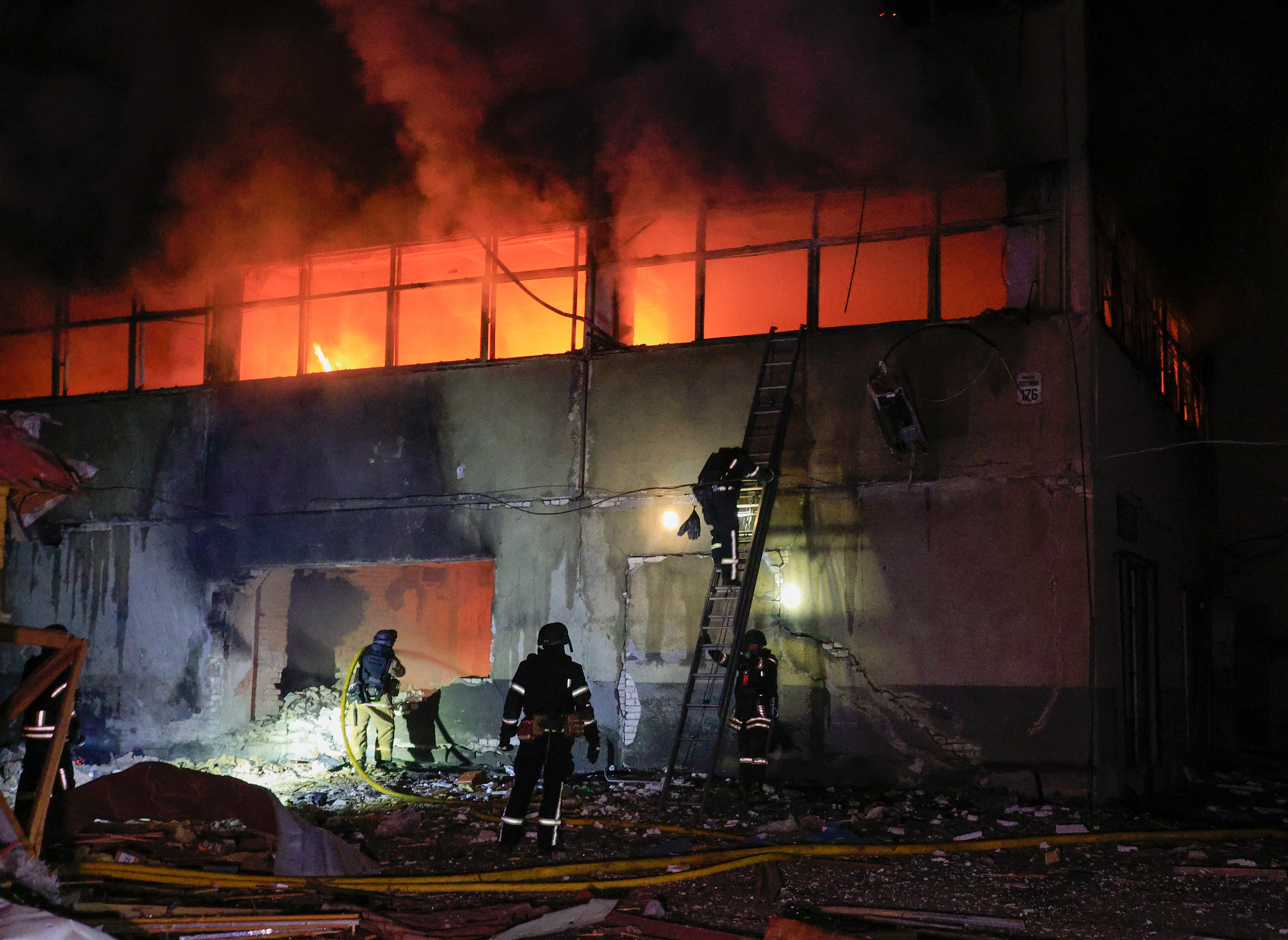
Inside the auditorium, the event went on as planned. The hundreds of students who remained listened and learned. They peered into a world beyond shouted slogans and curated stories. They learned about the region’s politics and power dynamics, and the evolving national identities and echoes of past empires that continue to shape the reality of the Israeli-Palestinian conflict. They heard experts intimately involved in earlier peace processes explain why their efforts failed, and how future leaders could one day succeed. The full video was posted online, so anyone interested can also benefit.
If Cornell were a business, we might have called the event a failure: The news coverage displayed only the disruption, and ignored the rest. Fortunately for our students, Cornell is not a business. We are a university. And universities, despite rapidly escalating political, legal and financial risks, cannot afford to cede the space of public discourse and the free exchange of ideas.
In a democracy, universities serve to guard and promote the expertise, knowledge and democratic norms that advance societies, and on which universities themselves rely for their continued existence. Ronald Daniels, the president of Johns Hopkins, put it well in his 2021 book on higher education and democracy when he wrote that colleges and universities are “institutions committed to freedom of inquiry, to the contestation of ideas through conversation and debate, to the formation of communities that gather and celebrate a diverse array of experiences and thought, and to individual flourishing achieved through diligent study.”
The impact of our universities derives in no small part from their ability to equip students with the skills to evaluate evidence critically, consider issues from multiple perspectives, participate meaningfully in the exchange of ideas, and grapple with the difficult and the complex — in short, to participate fully and capably in a modern democracy.
Democracies are not silent places, and neither are universities. They are vibrant, active and sometimes unruly; differences are aired, disagreements argued, voices raised. And yes, among our nearly 27,000 students, there are some who feel justified in violating norms of respectful interaction, who seek to advance their own agendas by silencing individuals and ideas with which they disagree. When that happens, we respond in ways that protect the rights of all to speak and learn.




